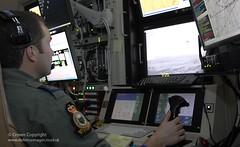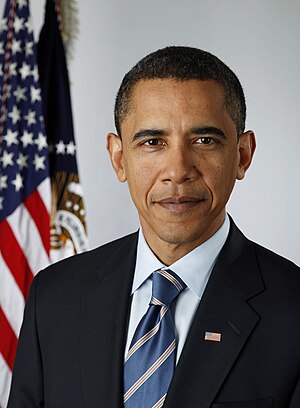
Where is the rule of law here? “Secret ‘Kill List’ Proves a Test of Obama’s Principles and Will.” This recent New York Times story has left more than a few people very unsettled. The headline poses the dilemma faced by the United States: Under whose law do we wage war? Will it be President Obama’s enforcement of the law, or the more widespread official legal system of U.S. Constitutional law – Common Law going back to the Magna Carta of 1215 AD? It is a terribly slippery slope upon which the so-called “war on terrorism” has embarked.
Stated policy does not have the true force of law. No matter how clearly the current executive branch system articulates the principles under which targeted drone killings occur, the President under our democratic system cannot act as prosecutor, judge and jury. That means either inside or outside of our national borders. The rule of law applies everywhere. The rules of war forbid killing of innocent civilians. No matter how much I politically support this president, plan to vote for him in November, believe in his intellect and skill and see him as my leader, his authority is limited by the Constitution’s separation of powers. I am not alone in this opinion. Many civil libertarians find the current revelations about the drone war deeply troubling.
No man is above the law. Congress represents the people and can speak for them. The courts interpret the law. Andrew Bacevich writes in Mother Jones about “America’s Rising Shadow Wars.” Subtitled, “President Obama has expanded secret military operations worldwide—a policy that carries serious risks,” the author argues that,
From a president's point of view, one of the appealing things about special forces is that he can send them wherever he wants to do whatever he directs. There's no need to ask permission or to explain. Employing USSOCOM as your own private military means never having to say you're sorry . . .
Once in a while, members of Congress even cast votes to indicate approval or disapproval of some military action. With special ops, no such notification or consultation is necessary. The president and his minions have a free hand. Building on the precedents set by Obama, stupid and reckless presidents will enjoy this prerogative no less than shrewd and well-intentioned ones.
The policies of the Obama administration have evolved a great deal since Barack Obama was Illinois’ Senator Obama. Faced with the expectation that our Presidents will keep us safe as seemingly any cost, President Obama has moved a very long way from where he began in his public service. “Drones: the Silent Killers” is from a Newsweek feature story at the Daily Beast. It opens with excerpts from Daniel Klaidman’s new book, Kill or Capture: The War on Terror and the Soul of the Obama Presidency. To quote:
- The president's troubled reaction to a botched strike during his first month in office
- His uneasy acceptance of "signature strikes" in Pakistan, or the targeting of groups of men who bear characteristics associated with terrorism, but whose identities aren’t known. Obama didn't like the idea of "kill 'em and sort it out later," says one source
- The formation of a “special troika on targeted killings” that includes Obama, vice chairman of the Joint Chief James “Hoss” Cartwright, and counterterrorism aide John Brennan
- Top State Dept. lawyer Harold Koh wondering, “How did I go from being a law professor to someone involved in killing?"
- The president’s having “no qualms” about the fatal strike on American-born cleric Anwar al-Awlaki
- Obama’s resistance—and ultimate relenting—to the use “signature strikes” on Yemen’s al Qaeda branch this spring
So when it comes to the rule of law over fighting suspected terrorists, it just depends on to whom you listen. We must listen to our President and his National Security Adviser, John Brennan, to Attorney General Eric Holder at the Justice Department, the Office of General Council, Tom Donilon, Chief of Staff/National Security Council, and others in the administration. And we must also listen to defenders of liberty from the Fourth Estate, the press.
Press References: Rule of Law is my Twitter list showing tweets by a number of civil libertarians, investigative journalists and others who have influenced my thinking over the years. They include Glenn Greenwald at Salon, the American Civil Liberties Union organization, Jeremy Scahill at The Nation Magazine, Jeff Stein at SpyTalk, Jason Leopold at TruthOut, Marcy Wheeler at emptywheel.net, the Lawfare blog, and Democracy Now!












